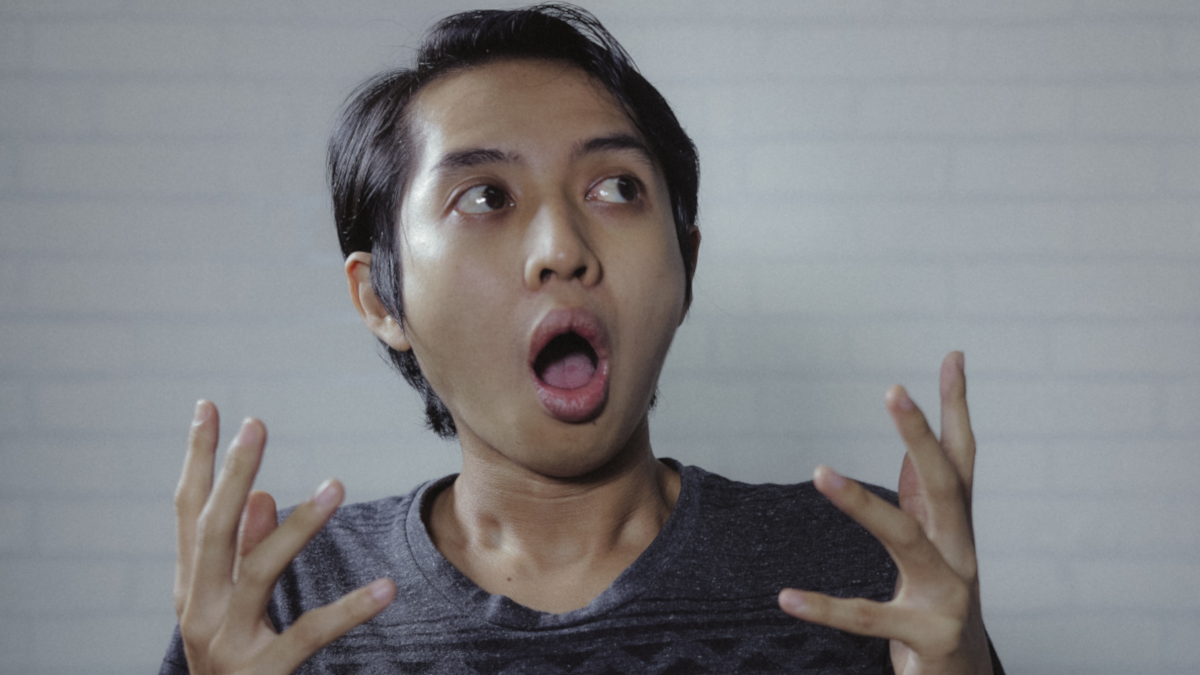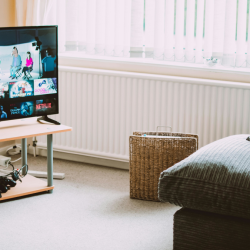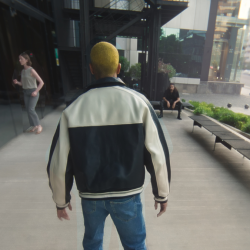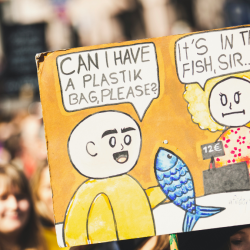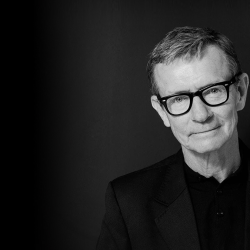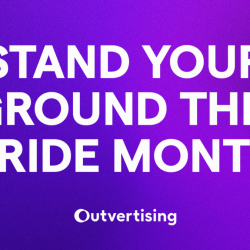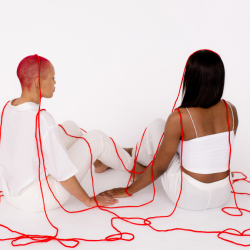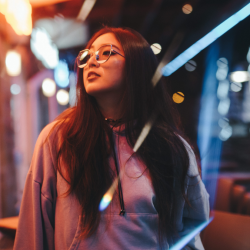In the ever-evolving landscape of Adland, a shift in consumer behaviour and expectations has become more palpable than ever since the national Covid-19 lockdowns ended in 2021. Emerging from the digital cocoon of TikTok and virtual fitness sessions, people are expecting to be better understood by the brands they engage with — a conversation that goes beyond mere transactions and makes them feel seen, heard, and understood.
As we approach the close of 2023 it’s evident that this societal shift, influenced by changing environments, expectations, and needs, has resulted in diminished performance and revenue for numerous advertising agencies. The economic downturn or ‘stagflation,’ as it’s been coined, might contribute, but the struggle to adapt to post-pandemic communication norms is equally responsible.
Compounding this challenge is Adland’s questionable narrative that measures one’s worth by the number of awards they’ve won or what peers say about them
This narrative creates a high-pressure environment where creatives are urged to act impulsively, a sentiment glaringly evident in recent campaigns like BBH’s Cancer won’t be the last thing that f*cks me. Now, let me be clear — the work of GirlvsCancer is remarkable. I have followed them for a number of years and know people who they have directly helped. However, as someone deeply affected by the impact of cancer on my own family, with a parent who is currently living with a terminal diagnosis, this campaign failed to resonate on a personal level. It seemed to be more of an advertisement for advertisers, clamouring for shock value and awards, a seemingly pervasive trend in the industry.
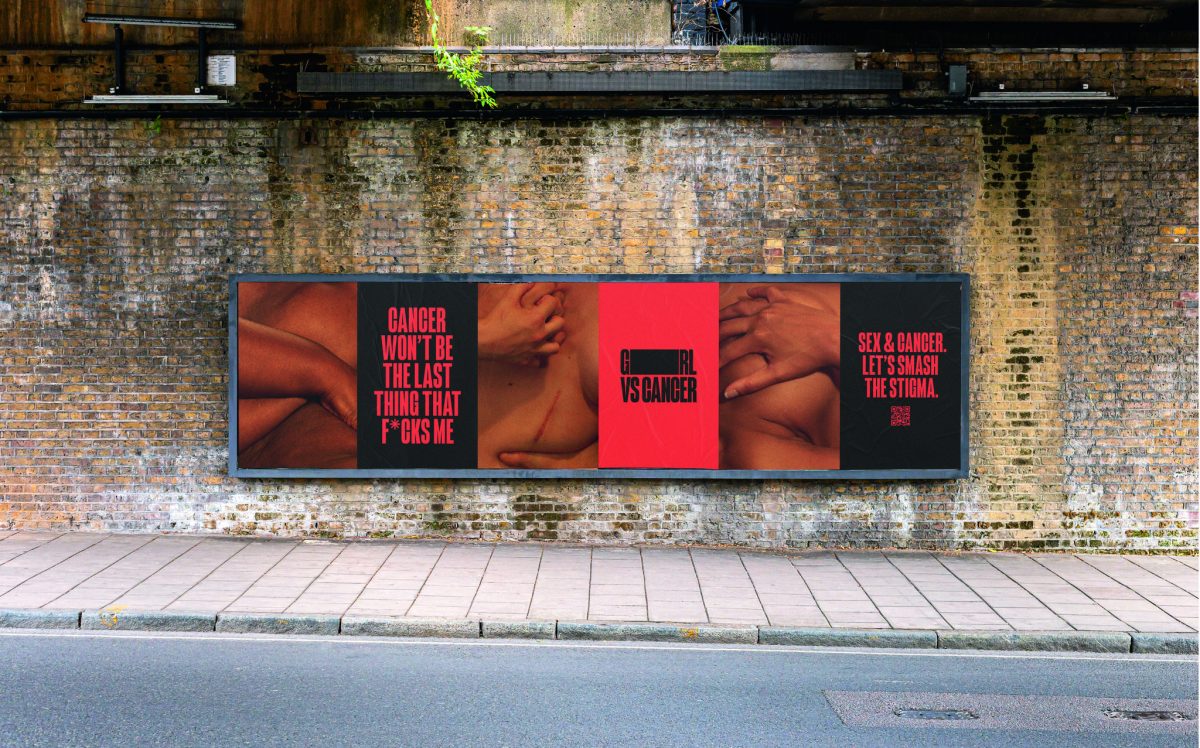
Having interacted with cancer survivors and those living with the disease, having stepped into hospital wings where life hangs in the balance, I’ve witnessed the aggression that defines their existence. From clinical language to devastating conversations, the BBH campaign’s use of explicit language seems insensitive to the struggles of cancer survivors and those currently battling the disease.
The prevailing consensus among individuals impacted by cancer I have spoken with, is that the campaign is tone-deaf to their plight. Rather than empowering, it appears upsetting. This raises a crucial question — what conversations are occurring behind closed doors to green-light content that is problematic for its intended audience? A simple outreach or larger focus group with those affected could have forewarned about the poor reception of such language.
In this new era, advertisers and creative agencies must recognise the importance of creating environments that champion the audience. Understanding what resonates and empathising with a wider audience should be a vital part of the creative process. We can no longer rely on fragments of information from articles or sporadic conversations. Our work impacts lives, influencing people to make decisions they might not otherwise. There is an ethical responsibility to ensure our ideas connect before they sell, prioritising empathy and human connection.
This is not an impractical aspiration or a luxury; it is a necessity in a world where audiences are adept at identifying inauthentic language and marketing. Campaigns like The Last Photo by Adam&EveDDB for CALM, and Me, My Autism and I by Havas London for Vanish, have demonstrated that remarkable, thought-provoking, and genuinely human work is possible when efforts are made to engage directly with affected audiences, placing empathy before creative prowess or acclaim.
In conclusion, the success of advertising in this era hinges on our ability to adapt to the evolving needs and expectations of our audience. By prioritising genuine human connection, empathy, and a deeper understanding of the audiences we serve, we not only create impactful campaigns but also contribute positively to the lives of individuals and families touched by our work. It’s time for Adland to rise to the occasion, embracing a new era where authenticity and empathy are the cornerstones of creative excellence.
Featured image: Afif Ramdhasuma / Unsplash




















